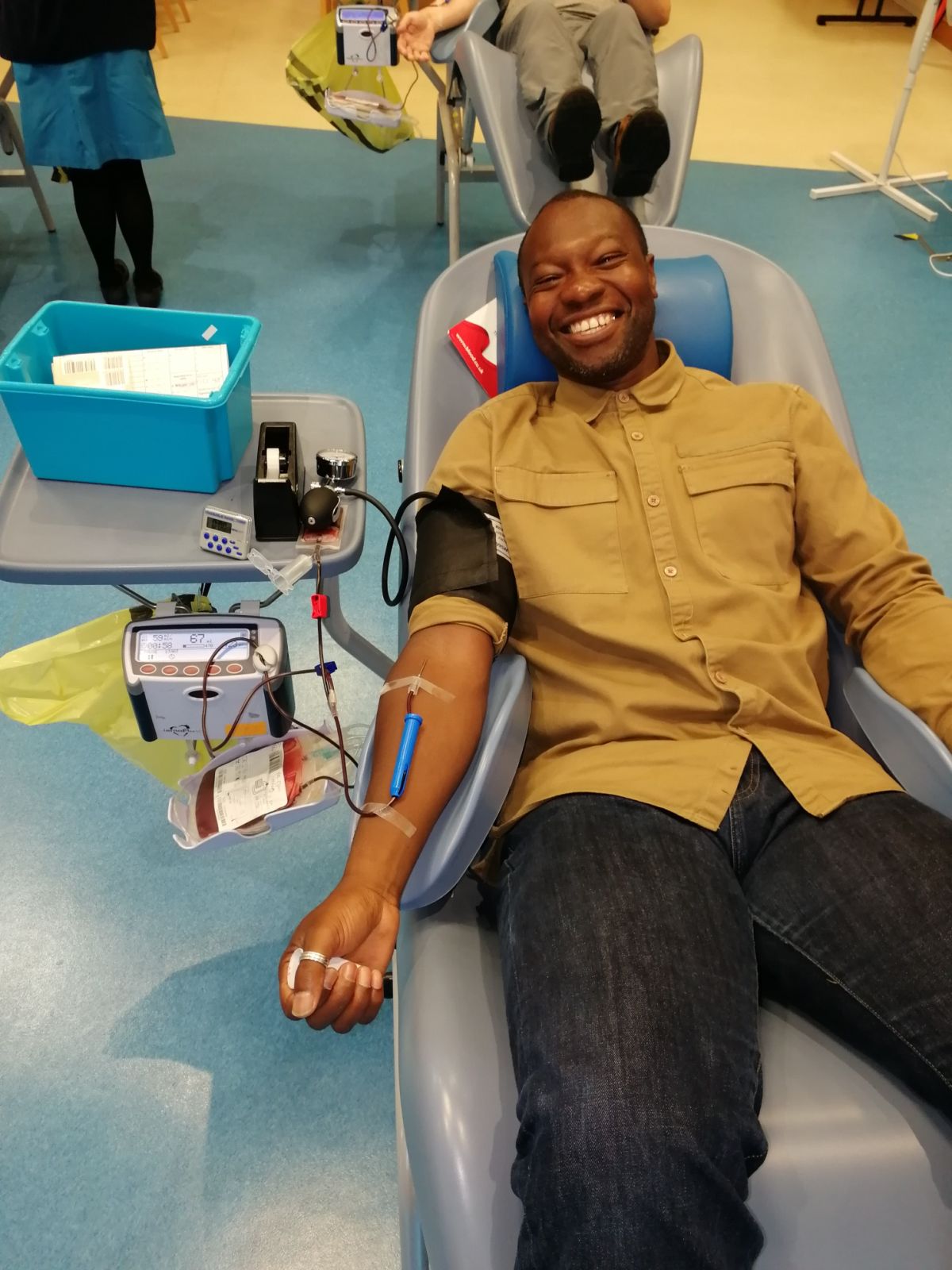Urgent need for black blood donors in Manchester

The NHS Blood and Transport (NHSBT) team have expressed the urgent need for more black blood donors in Greater Manchester during Sickle Cell Awareness Month. Through recently published articles and statements from current donors, the NHS are appealing to the wider black community to register as blood donors.
Over the past year, it has been reported that there has been a 7% rise in black people donating blood in Greater Manchester, with a 15% increase within the Manchester district itself.
However, despite these rising numbers, the Blood and Transplant donor centres are urgently in need of more black people to register as the situation remains critical. It has been reported that more than 40,000 black donors of all blood groups are needed to meet the rising demand for blood types that match the blood groups of patients with sickle cell disease.
Sickle cell disease is a very common inherited anaemia among people of African descent. The disease causes the deformation of red blood cells, forming into a crescent shape, which causes blood vessels to become blocked.
Sickle cell anaemia is a life-threatening disease, causing agonising pain to those who suffer from it. The urgent appeal follows scientific research that suggests that the same ethnic background are more likely to carry the same blood types.
There are four main blood groups – O, A, B and AB. O negative (the universal blood group) and B negative are particularly vulnerable to shortfalls. It is advised that those with the rarer blood groups donate as regularly as they can.
Joel Bowes, an active black donor, has donated up to 59 times, saving 177 lives with no plans on stopping any time soon. The 49-year-old from Manchester started donating blood at a young age and now encourages other young people to step forward and donate.
At a time of medical accessibility and simplicity, and especially urgency, it remains important for everyone to register as a blood donor if given the opportunity. Despite the present focus on the need for more black donors, there is an equally urgent need for other donors with other racial backgrounds.
The NHSBT require 135,000 new blood donors each year to replace those who stop donating. This is to ensure the right mix of blood groups to match patient types in the future. The NHSBT have 23 permanent donor centres across the UK, with two being in the Greater Manchester area (Plymouth Grove and Norfolk House).
More positively, the NHSBT have said that “the overall demand for blood is falling by 3-4% per year due to improvement in the clinical practice and their work with hospitals to ensure blood is used appropriately with each patient.”
Mike Stredder, Director of Blood Donation said: “This month we can celebrate how more and more black people in Greater Manchester are saving lives by donating blood.”
“However the shortage of black donors remains, which makes it harder to find the best matched blood for black people, putting them at greater risk of potentially life threatening transfusion reactions.
“Blood donation is quick, easy and safe and we urge people of black heritage in Greater Manchester to register as donors to help save lives.”
It is quick and easy to book an appointment to give blood. Call 0300 123 23 23 or visit www.blood.co.uk and register as a blood donor to save lives.







